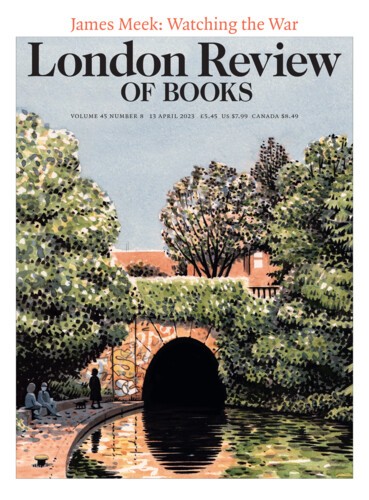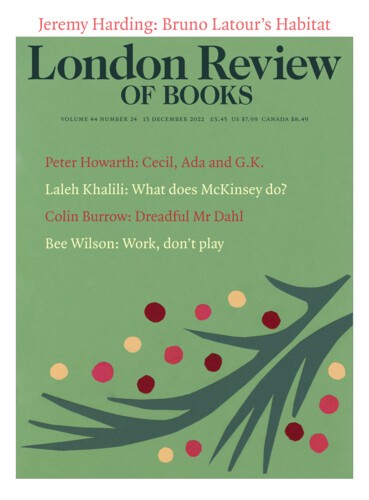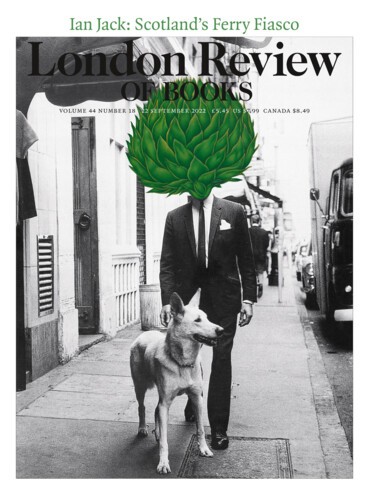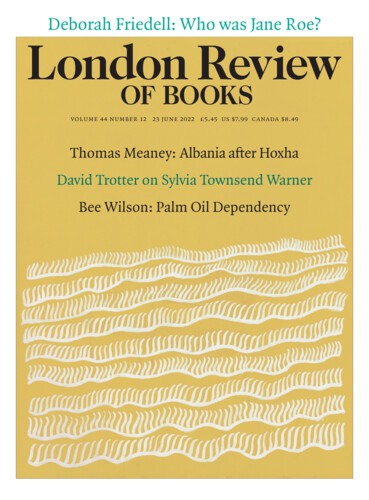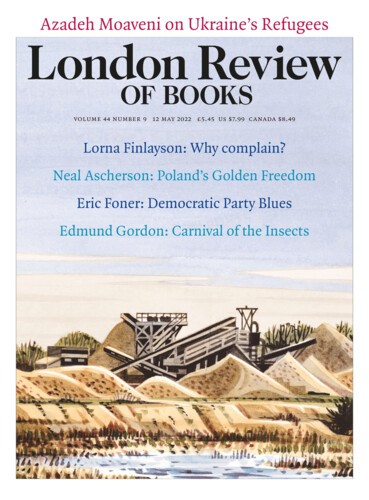An Elite Worth Joining: Preston Sturges
David Trotter, 13 April 2023
Preston Sturges died in August 1959, when Donald Trump was thirteen years old. So it’s not his fault that the uses to which the grandiose Mar-a-Lago estate in Palm Beach has more recently been put include the development of a club of which Jeffrey Epstein was briefly a member, as well as an impromptu storage facility for state secrets. But he did rather like the atmosphere of the...
